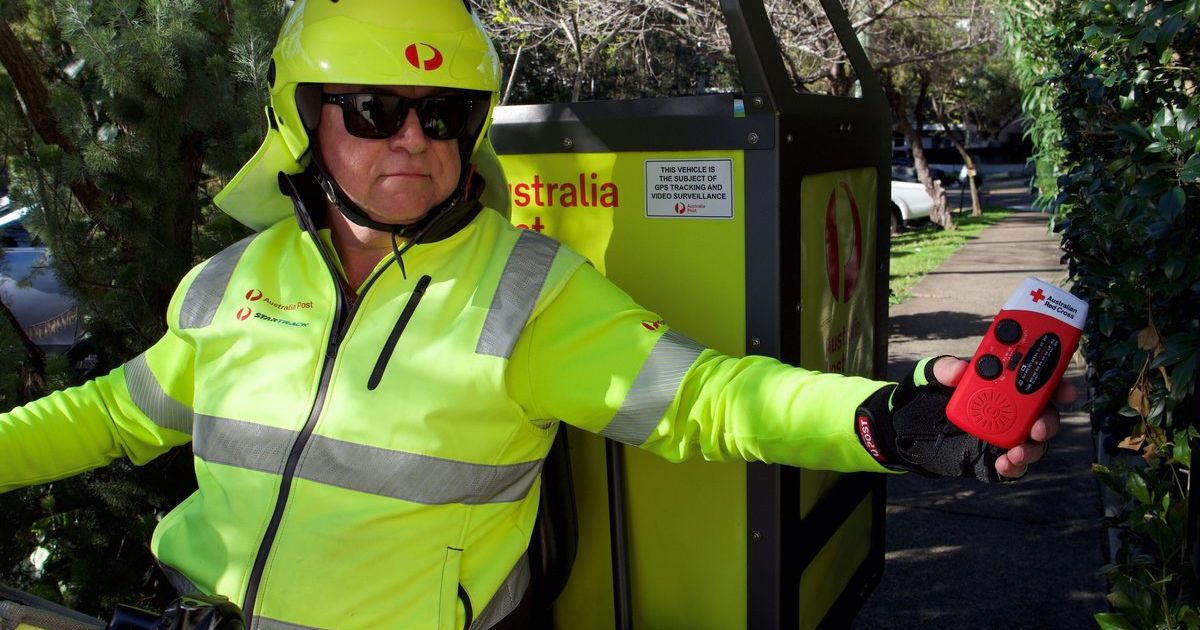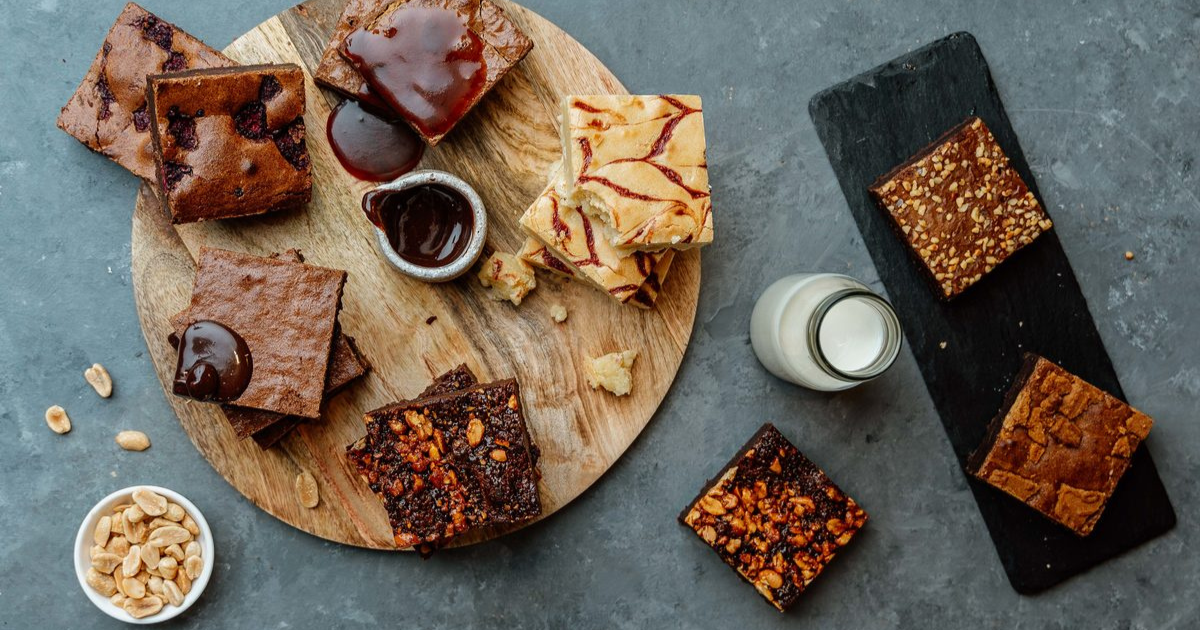Heathcote in the 1900s

King and country: The first Australian parliament was officially opened by the Duke of York, later King George V. This highlighted the continuing relationship between Australia and Britain. Image: STATE LIBRARY OF VICTORIA
HEATHCOTE greeted the new century with a burst of patriotic fervour.
Several local men had gone to fight in the Boer War in South Africa and federation was just around the corner.
The McIvor Times of the 1900s reflected a very narrow view of these events; there were both Chinese and First Nations people in the district, but they only appear as either the subject of anecdotes or as peripheral players in other events.
The paper was firm in its belief that Australia’s future was intertwined with that of a vastly superior British Empire.
But in late 1906 local news was at the forefront when devastating floods wreaked havoc through the district.
Australia unites
IN June 1891, the McIvor Times reported on a speech given by Sir Henry Parkes at Castlemaine which predicted the amalgamation of the Australian colonies within a short period of time.
Less than 10 years later, the Commonwealth of Australia came into being on 1 January 1901.
Heathcote celebrated in typical early 20th century fashion with a brass band parade and various picnics.
Published Thursday, 3 Jan 1901
DEMONSTRATION AT HEATHCOTE
A LARGE number of the townspeople waited up to see the old year out and the new year in, and the first year of the new century and the dawn of the Australian Commonwealth was ushered in by the firing of guns and a procession, in which a large number joined, headed by the Heathcote Brass Band, marched along the street, and in accordance with the usual custom those forming it were treated by the residents.
In some instances they were most loyally treated, those visited having provided excellent refreshments, which were heartily partaken of.
The band rendered in good style appropriate airs, including “Soldiers of the Queen,” of which the chorus was sung.
The proceedings wound up with the playing and singing of the National Anthem. During the day flags were flying throughout the town.
The day was a very pleasant one, and agreeably cool compared with the excessive heat experienced during the previous few days.
Early in the forenoon picnic parties and pleasure seekers generally were on the move, intending to make the best of the day.
Australians at War
THE Boer War of 1899-1902 pitted the British against the two Boer republics: the South African Republic and the Orange Free State.
Boers were descendants of German, French Huguenot and Dutch settlers who arrived in Southern Africa from the mid 1650s; they were mainly farmers.
The discovery of diamonds in the 1860s and gold in the1880s saw a rapid influx of British people into their lands.
Simmering tensions and failed negotiations tipped the nations into war in October 1899.
A British contingent at Mafeking held off Boer attackers for 217 days until more than 2,000 soldiers came to their rescue on 17 May 1900.
There were several men from the Heathcote region fighting with colonial and British units, and local interest in the conflict was high.
This blow-by-blow account of the reaction to the relief of Mafeking paints a vivid picture of partisan pride descending into raucous partying.
Of particular note are the McIvor Times “extraordinaries”, or single bulletins released with breaking news; a far cry from today’s almost instant updates about major events.
Published Thursday, 24 May 1900
RELIEF OF MAFEKING
Reception of the News in Heathcote
THE news of the long looked for relief of Mafeking was received here at 12 o’clock noon on Saturday. The first intimation that the townspeople received of the welcome news was the hoisting of a flag at the post office, and the report of a gun.
The news travelled rapidly, and all the business places were quickly decorated with flags, each one vieing with the other in decorating their places of business with bunting.
A soon as the news was received an “extraordinary” was issued from this office and circulated throughout the town.
At the Post Office the welcome news was received about 11.45am, Mr Sandy the postmaster firing two shots was a sufficient signal for the commencement of the relief. Flags were at once hauled up the already prepared poles, whilst several people fired volleys.
By this time a good few people had congregated and showed their enthusiasm, by baring their heads and singing ” God save the Queen.”
Mr Sims who made the bugle call accompanied them on the coronet, cheers were given for Lord Robert and Colonel Baden-Powell.
Everyone was so excited and carried away with enthusiasm that business was almost at a standstill, in all directions flags were to be seen flying.
A flag specially manufactured (at the express order of the president of the shire), was hoisted on the top of one of the trees in front of the shire hall, where it waved triumphantly throughout the day.
Nearly everyone met in the street wore rosettes and ribbons of red, white and blue, the colors [sic] of the grand old British flag.
It was unanimously agreed amongst the business people that in celebration of the end of one of the most heroic defences in the annals of the British Empire, that they would close their establishments at 8 o’clock pm, so that the real outburst of the long pent-up enthusiasm of our patriotic townspeople was reserved for the evening.
And what a night it was! Never in the history of the town has such a popular manifestation of enthusiasm been seen, the proverbial “oldest inhabitant” remarking that he had never seen such a crowd of people in the street before.
Exactly at 8 o’clock pm, a volley of rifle shots fired at the police station, heralded the commencement of the evening’s loyal display.
A huge tar barrel was set alight, in front of the shire hall, and the glare from it lit up the street for some distance.
The Heathcote Brass Band then assembled at the shire hall, and the newly formed state school cadets formed up in line, and, under Lieutenant Talbot, went through a number of manoeuvres.
The procession was then formed, and headed by the band, the cadets, and a number of intending members of the proposed mounted rifles, marched up the street to the Heathcote Hotel, followed by a tremendous crowd, of people, not the least important figure in the procession being a well-known business man, who led the band, armed with a “badge of honor [sic]” in the shape of a broom, typical of the way in which our soldiers are “sweeping” the Boers before them in South Africa.
On arrival at the Heathcote Hotel, Mr D Sims read the contents of a second “extraordinary” issued from this office, announcing the fact of the official confirmation of the relief of Mafeking, and also the capture of several Boer generals, which was received with a tremendous roar of cheers.
Even the fair sex were caught with the spirit of the hour, and sang and cheered with the men folk like Trojans, such a scene of excitement having never been witnessed in the town before.
The band then played several patriotic airs, and the whole vast crowd joined in singing the National Anthem.
After partaking of refreshments at the invitation of Mr Pammenter, the procession was re-formed, and marched down the street to the post office, where Mr Fisher addressed the assemblage, and suggested that the residents of Heathcote should rise to the occasion and join with other towns in subscribing to a fund for the purpose of presenting the gallant Colonel Baden Powell with some token of appreciation of his gallant defence of Mafeking.
Cheers were given for Colonel Baden Powell, General Roberts, and the National Anthem was again sung.
The procession then proceeded down High Street, and after reaching the end of the town returned to the shire hall, where patriotic airs were again rendered, and the band then returned to the Heathcote Hotel, where the members were invited to partake of refreshments kindly provided by Mrs Pammenter.
The band were also regaled with good things by Mrs Anderson, Mrs Coffey and Mr J Nicholson.
Then ensued a scene of excitement the like of which has never been witnessed before in Heathcote.
Crowds of people thronged the Heathcote Hotel, and the whole assemblage were drunk with enthusiasm (and something else).
Patriotic songs were sung, everyone cheered themselves hoarse, and the historical Tower of Babel sunk into insignificance beside the wild tumult of roars and cheers with which the building resounded.
Everyone was there, even the oldest residents of the district came out for the occasion.
It was quite enough for everyone to know that “Mafeking was relieved.”
The people had waited patiently for a long time for the news, to display their loyalty and enthusiasm, and now it had arrived they were determined to show it.
And they did in no unmistakeable manner, and it was not until the “wee sma’ hours” that the loyal crowd dispersed, and wended their way homeward, certainly with sore throats, sore heads and bilious attacks, but with the satisfaction of knowing that they had contributed their little quota in celebrating the raising of one of the most heroic and gallantly resisted sieges in the annals of the British Empire.

Flooding rains
THE district was inundated on 10 September 1906 with 102.9 millimetres of rain in a 24-hour period; there was widespread damage.
Published Thursday,13 September 1906
IN the northern area of the Shire nearly everyone residing close to the creeks suffered more or less.
Mr T. J. Farley, Derrinal, was especially unfortunate, losing a number of sheep, and other livestock.
Mr J. Turner, who resides at Shepherd’s Creek, on the Campaspe River, had a very bad time, a large extent of his property being under water, there being between 5 and 6 feet of water in the dwelling house.
Several outbuildings were destroyed and a great amount of other damage was done, with loss of pigs, &c.
The approach to the stone bridge on the Bendigo Road, near the site of the Sportsman’s Arms Hotel, has been washed away, leaving a large gap between the bridge and the roadway.
The flood in the Wild Duck Creek was the biggest ever seen by those at present residing in its vicinity, a tremendous volume of water coming down, and a large amount of damage has been done.
Along the creek’s course in the Glenhope district a scene of wreckage is presented, fences, &c., being washed away and other havoc wrought.
Closer to Heathcote the same condition of affairs exists, crops, fencing, &c., being destroyed.
The approach and abutment on the Heathcote end of the bridge on the Kyneton Road was washed away, a gap about 12 or 14 feet being left between the bridge and the road, thereby stopping all traffic on this road.
The bridge at McNutt’s has been wrecked, the flood waters sweeping it almost completely away.
The police paddock was submerged, and great difficulty was experienced in getting the stock away.
In the southern portion of the Shire a great deal of damage has also been done, the most serious to the municipality being the loss of the Piper’s Creek bridge, Glenhope, on the boundary of this and the Kyneton Shire.
The bridge near Tooborac Hotel has been demolished and a number of culverts have been more or less damaged and rendered unsafe.
The railway bridge at Pyalong was strained, and the train has to proceed across it very cautiously until repairs are effected.
There is not a part of the Shire that has been immune from the effects of the heavy rainfall, and, as previously mentioned, the loss financially, both privately and publicly, has been very great.


















